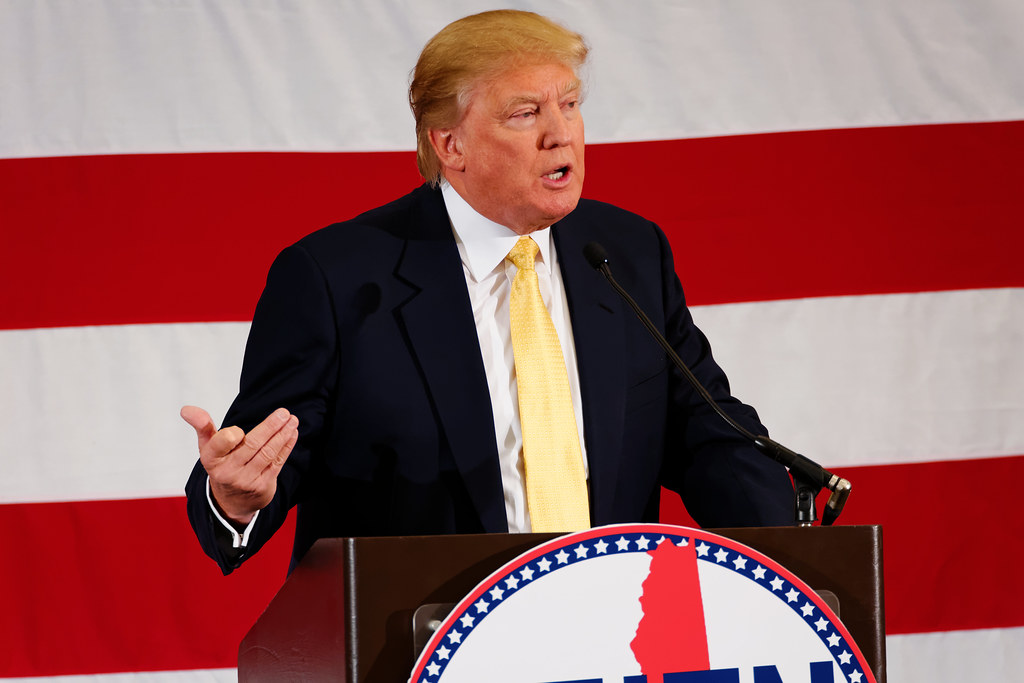Key Takeaways
- President Trump called for immediate underground nuclear testing.
- He claimed other countries “are doing it,” though they have not tested since 1996.
- Democratic senators say testing would hand a gift to rivals like China.
- Lawmakers warn it could weaken global nonproliferation efforts.
- Renewed nuclear testing risks sparking an arms race.
Nuclear Testing Proposal Sparks Fierce Debate
President Trump announced on social media that he wants the military to resume nuclear testing. He wrote that other nations seem to be testing their weapons. However, experts and lawmakers say no major power has tested a nuke in decades. This sudden call has drawn sharp criticism from Democrats in Congress.
Why Nuclear Testing Raises Global Fears
Nuclear testing can damage the environment and human health. Moreover, it risks breaking long-standing international agreements. Since 1996, the world has largely observed a moratorium on all nuclear testing. Therefore, restarting tests could encourage others to follow suit. For example, it might give China or Russia a reason to start their own underground blasts again.
What Trump’s Plan Entails
The president tweeted that he has “instructed the Department of War to start testing our nuclear weapons on an equal basis.” He wants tests to begin “immediately.” His message claimed other nations are already testing. Yet there is no evidence that Russia or China has done so in decades. Only North Korea conducted tests in recent years, and those were limited.
Democrats Reject Trump’s Idea
Senator Mark Kelly argued that nuclear testing would be a gift to China. He pointed out that neither China nor Russia has tested since 1996. He added that the United States has little to gain from renewed tests. Similarly, Senator Ed Markey stressed that America’s technology already leads the world. As a result, testing now would only spur rivals to catch up.
Senator Jeff Merkley also voiced concerns. He noted that the global nonproliferation framework relies on trust among nuclear powers. In his view, new tests would weaken that trust. He warned that resuming tests essentially invites every nation to develop its own bombs.
The Global Impact of Nuclear Testing
First, resuming nuclear testing would strain alliances. Allies may worry about rising tensions and possible fallout. Second, it could damage the United States’ moral standing. Other countries might accuse America of breaking promises and treaties. Additionally, research shows underground blasts can still leak harmful radiation over time. Thus, testing could harm nearby communities.
Furthermore, testing could drive new weapons development. When nations see others testing, they tend to upgrade their arsenals. This cycle creates an arms race. Consequently, global security becomes more fragile. For these reasons, many experts warn against any return to nuclear testing.
What History Shows
The United States conducted its last nuclear test in 1992. Since then, the nation has relied on supercomputer simulations and lab experiments to ensure weapon safety. Similarly, Russia and China halted tests after joining the Comprehensive Test Ban Treaty in 1996. Although that treaty has not fully entered into force, all major powers have observed its spirit.
North Korea remains the only recent tester. It conducted underground blasts between 2006 and 2017. However, its tests drew widespread condemnation. Even fellow authoritarian states criticized those detonations. Thus, the norm against testing has held strong.
The Path Forward
Instead of tests, the United States can maintain its arsenal through advanced science. For example, subcritical experiments do not produce nuclear yield but help validate warhead design. In addition, diplomatic talks and arms control negotiations can reduce global stockpiles. By leading these efforts, America can strengthen its security and global influence.
Moreover, supporting international inspectors and transparency measures can build trust. When nations feel safe, they see no need to test new bombs. Therefore, America can reinforce peace by upholding the testing moratorium. In turn, rivals may follow suit, reducing nuclear dangers worldwide.
Conclusion
President Trump’s call for immediate nuclear testing has reignited debate over America’s role on the world stage. Democrats on the Hill argue the plan offers rivals a clear advantage. They stress that no major power has tested in decades, and that testing would damage global security. Ultimately, the path to safety lies in diplomacy, advanced science, and trust among nations.
FAQs
What is nuclear testing?
Nuclear testing means detonating an atomic weapon to check its power. Historically, tests happened above and below ground. Today, most nations avoid tests to cut arms races and protect people.
Why did testing stop in 1996?
In 1996, major powers signed a treaty to ban all nuclear tests. They agreed to use simulations instead. Although the treaty still needs full approval, countries have honored its terms.
Could underground tests harm people?
Yes. Even underground blasts can leak radiation. They may trigger earthquakes and release gas. Neighbors near test sites risk cancer and environmental damage.
How can the US maintain its arsenal without testing?
The US uses supercomputers and lab experiments to study weapons. These methods check reliability without explosions. Additionally, regular maintenance and security upgrades ensure safety.
